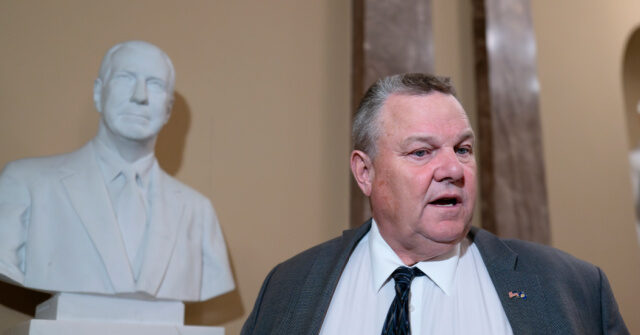Montana Senator Jon Tester, a Democrat, has come under scrutiny after Federal Election Commission (FEC) filings revealed that he accepted donations from a deceased individual, Barbara McGowan. According to the FEC records, Tester received two separate $50 donations from McGowan, whose date of death was recorded as July 17, 2024. The first donation was dated the same day as her passing, while the second was recorded a few months later, on September 20, 2024. The situation raises serious questions regarding campaign financing practices and the integrity of the donation process.
The obituary for McGowan paints a portrait of a vibrant life, describing her as a “force of nature.” Born on August 11, 1940, she spent her early years in Indian Orchard, Massachusetts, before moving to Bozeman, Montana, in 2007 to be closer to her family. The obituary highlights her close-knit family relationships and adventurous spirit, underscoring the loss felt by her loved ones. Despite her significance in her community and family, her posthumous donations have become a point of controversy in the current political landscape.
Republican representatives have seized upon the incident as a potential example of misconduct within the Democratic fundraising apparatus. Mike Berg, communications director for the National Republican Senatorial Committee, brought attention to the allegations against ActBlue, a fundraising platform for Democrats. Berg suggested that the platform has been implicated in various schemes, including the alleged misuse of identities to generate donations for Democratic candidates. He deemed Tester’s acceptance of donations from a deceased person as indicative of deep-rooted issues within their fundraising systems.
As Tester navigates a challenging re-election campaign against Republican candidate Tim Sheehy, the timing of the revelations around the donations poses additional pressure. Recent polling data indicates that Sheehy is gaining traction, with a New York Times/Siena Research Poll showing him at 52 percent support compared to Tester’s 44 percent. Similarly, a Public Opinion Strategies survey corroborated this trend, indicating Sheehy’s lead at 51 percent to Tester’s 45 percent. These figures underscore the stakes of the election and the heightened scrutiny on both candidates.
The public’s response to this incident reflects a broader concern regarding transparency and ethical fundraising practices in politics. Voters increasingly demand accountability from their representatives, particularly when it comes to the sources of campaign contributions. The acceptance of donations from a deceased individual raises not just questions about the specific incident involving Tester, but also about how carefully candidates monitor and vet their contributions.
In conclusion, the revelation that Jon Tester accepted donations from a deceased woman has sparked a wave of criticism and raises critical questions about campaign finance integrity. With the election fast approaching and Sheehy gaining ground in the polls, Tester faces intensified scrutiny on multiple fronts. The implications of such anomalies extend beyond this single incident, reflecting broader challenges in maintaining trust and accountability in the political financial landscape. As voters become more vigilant about these issues, the incident may impact Tester’s re-election prospects at a crucial time.

